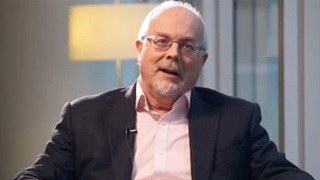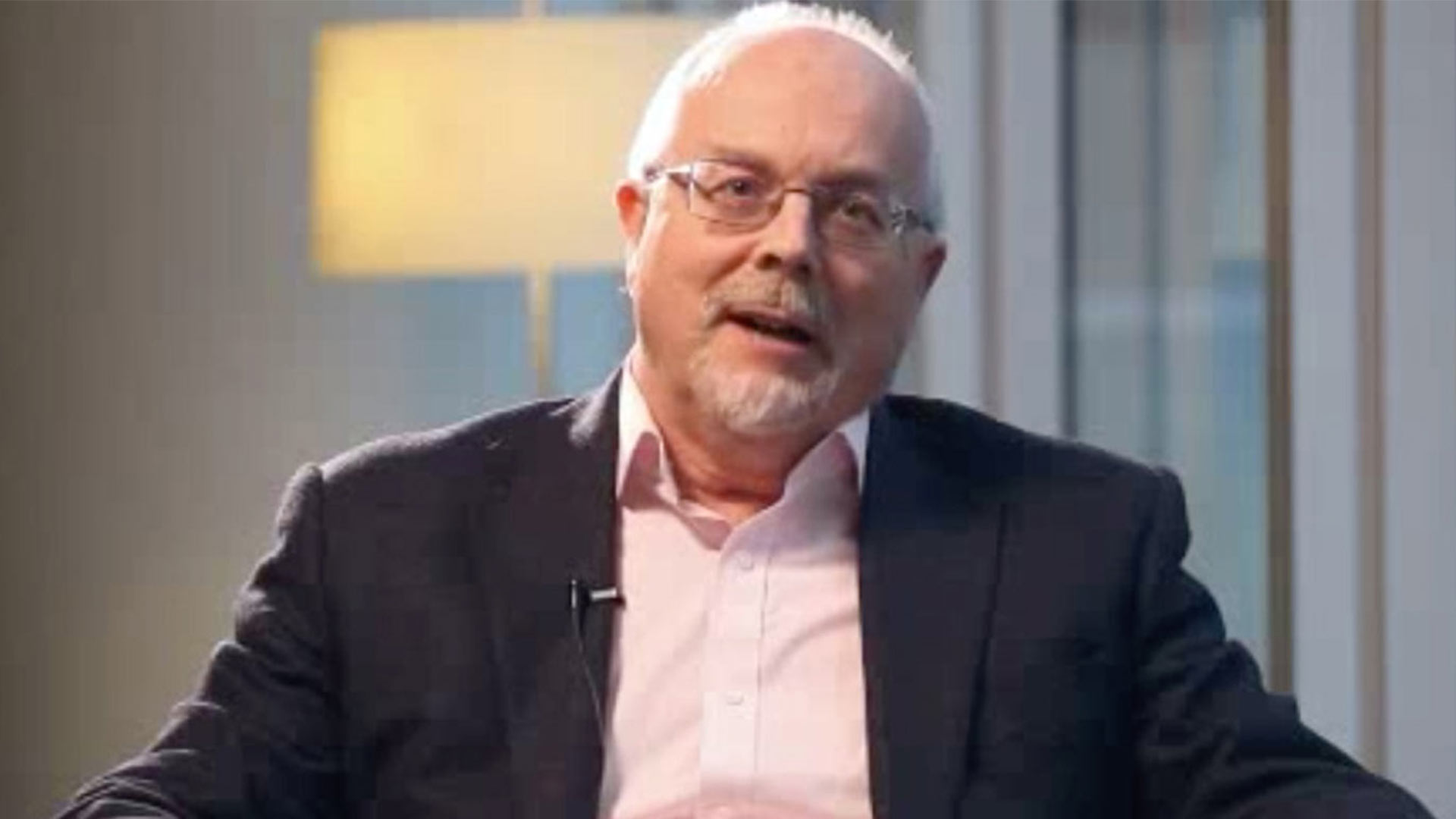
Calnan on jurisprudence
The gift to be simple | Issue 17 | 2020 | The case of the snail in the ginger beer bottle


Jurisprudence is not just about theories. Equally important are the individuals who shape it. In recent times one English judge has—more than any other—influenced the way that we think about how judges make the law. That judge is Lord Denning.
Tom Denning was a judge from 1944 until he retired in 1982—aged 83. In that time, he was a judge in the King’s Bench Division, the Court of Appeal and the House of Lords; and, most importantly, he was Master of the Rolls (in effect, the president of the civil branch of the Court of Appeal) from 1962 until 1982.
But it was not just his longevity which made him the most important English judge of the twentieth century. What distinguished him from other judges was the quality of his writing and his approach to judicial law-making.
Most law students have their favourite Denning quotation. For those of us who were privileged to see him in court, it is impossible to read his judgments without hearing that broad Hampshire burr: "Broadchalke is one of the most pleasing villages in England. Old Herbert Bundy, the defendant, was a farmer there. His home was at Yew Tree Farm. It went back for 300 years. His family had been there for generations. It was his only asset. But he did a very foolish thing. He mortgaged it to the bank. Up to the very hilt."
It was a style which was easy to parody, but few have matched his clarity. Or his brevity.
That would have counted for very little in the absence of his other great strength—an almost paternalistic wish to protect the small man from the large organisation and to uphold the rights of the individual.
No other judge has been able—with such flair and elegance—to distinguish a series of precedents which he did not like in order to reach a more palatable conclusion. He revived the concept of ‘estoppel’ as a means of doing what he regarded as justice between the parties. His judgments were often overruled by the House of Lords, but then Parliament frequently changed the law to introduce the principles which Lord Denning had espoused and which the House of Lords had rejected. The restriction of exclusion clauses in consumer contracts is a good example. And, almost single-handedly, he developed the concept of the constructive trust in property law as a means to give effect to justice and good conscience—to protect the needy from those with the bigger guns.
The problem with this approach is the uncertainty it created. It was all very well to give effect to justice and good conscience, but the conscience concerned was that of Lord Denning, and the approach was often difficult to distinguish from palm tree justice—with the outcome depending on the whim of the judge. Little wonder, then, that the Lord Chancellor, Lord Hailsham, once said that ‘the trouble with Tom Denning is he’s always re-making the law, and we never know where we are’. Every citizen is entitled to know what the law is.
So what is Lord Denning’s legacy? His judgments are still a model of clarity, simplicity and brevity, and stand as a reproach to the prolixity of our modern judges. There is no doubt that the law would have been much the poorer without him, but it is not at all clear that his approach to judicial law-making will survive.
© Norton Rose Fulbright US LLP 2025